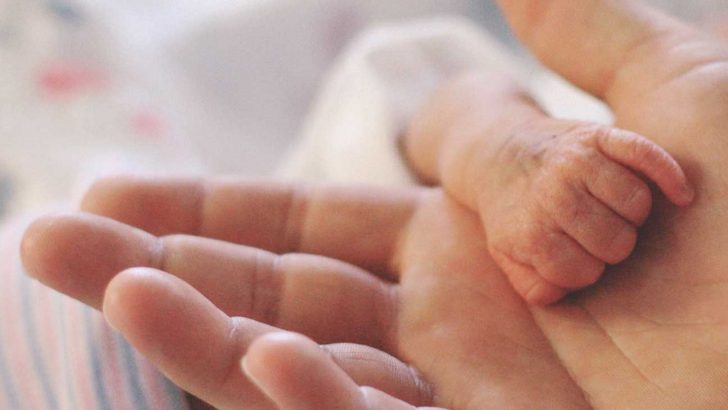The fall of nearly 50% in Down Syndrome births between 2011-2015 is “horrifying”, but not a surprise, the Life Institute and the Pro-life Campaign say.
They also criticised the “complete cloak of concealment and silence around abortion in Ireland”, which means we do not know how many children with disabilities are being aborted.
Their statements come in the light of a report published in the European Journal of Human Genetics, which examined the years 2011-2015 to determine the number of babies born with Down Syndrome across all countries in Europe, and compared those numbers to estimates of how many babies would have been born with Down Syndrome had they not been aborted.
The study found that 54% fewer babies with Down Syndrome were born during that period in the United Kingdom than estimates would have expected – a figure roughly in line with the European average. In Spain and Italy, the percentage of reduction was 83% and 71%, respectively.
Niamh Uí Bhriain of the Life Institute called the figures shocking and said they lay out starkly “how appalling abortion is”.
“There’s a line from the study where they say that, in Europe between 2011-2015, they estimate they were 8,031 live births of children with Down Syndrome and there should have been 17,331,” she said.
The figures in 2011 were already on the way down, Ms Uí Bhriain explained, warning that “we’re going to be looking at Iceland or Denmark being the norm right across Europe I think, where people born with Down Syndrome will be incredibly rare. What a tragedy that is for every country where this is happening”.
She concluded, saying that the Irish people were “warned during the referendum and they looked the other way. People need to ask themselves a question – do they actually care about a future where there will be no children with Down Syndrome anymore?”
Eilís Mulroy of the Pro-life Campaign said that the report was “very sad”, adding that it should be a reminder to pro-life people to work harder.
“We should never stop being surprised at the fact that there’s a push always to seek to eliminate people with Down Syndrome,” she said. “We have to work even harder to make sure people with Down Syndrome… are protected by law and society.”
Ms Mulroy also criticised the lack of any statistics on abortions taking place in Ireland, saying that “it’s because the reality is that it would highlight some of the darker elements of what’s behind the abortion legislation”.
Both Ms Mulroy and Ms Uí Bhriain highlighted that countries with more liberal abortion regimes – such as the UK – “at least” keep accurate statistics.
“It’s actually astonishing that at a time when you hear buzzwords around transparency and openness so often that there is a complete cloak of concealment and silence around abortion in Ireland,” Ms Uí Bhriain said. “It would be very difficult to get a proper understanding of what is happening from the figures being released by the Irish Government.”


 Ruadhán Jones
Ruadhán Jones
